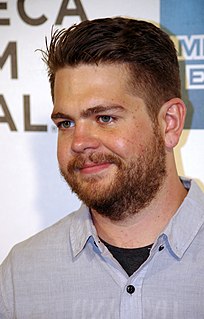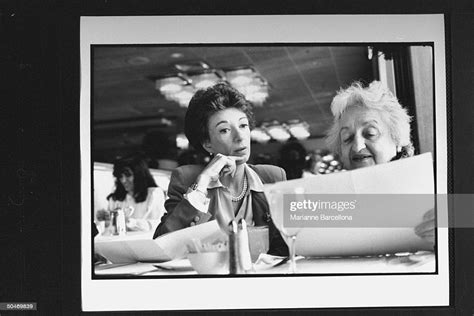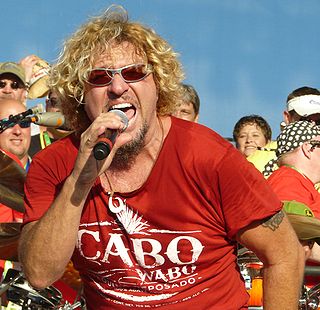A Quote by Jack Osbourne
I had about four days of like, 'Pity party, woe is me, it's all over.' Then I did some research and spoke with doctors and got in contact with people who have MS, and I soon realized it's actually a lot more manageable than the kind of public perception of it is, and that's part of the reason why I've been so outspoken about it.
Related Quotes
I think the only reason I've had the career life that I've had is that someone told me some secrets early on about living. You can do the very best you can when you're very, very relaxed, no matter what it is or what your job is, the more relaxed you are the better you are. That's sort of why I got into acting. I realized the more fun I had, the better I did it. And I thought, that's a job I could be proud of. It's changed my life learning that, and it's made me better at what I do.
When I first started comedy, before I kind of gained any national prominence, I - in a weird way - went back to that. Marc Maron had me on WTF making fun of me about that when I first opened for him. I had this very kind of hip-hop bravado to me, and I realized that now I've let some of that go in my stage presence, that maybe that was because I had dropped that completely from my life, and when I got onstage I sort of rekindled it. And I think now that it was perhaps a defense mechanism that was left over from those days, which I think is kind of interesting.
Song in the Manner of Housman" O woe, woe, People are born and die, We also shall be dead pretty soon Therefore let us act as if we were dead already. The bird sits on the hawthorn tree But he dies also, presently. Some lads get hung, and some get shot. Woeful is this human lot. Woe! woe, etcetera.... London is a woeful place, Shropshire is much pleasanter. Then let us smile a little space Upon fond nature's morbid grace. Oh, Woe, woe, woe, etcetera.
I went public with the alcoholism, very early on... the early '70s. Mercedes McCambridge, the actress, I think was the first recognizable person that went before Congress and talked about it, and I thought that was a good idea, to take some of the stigma away from it and say "Normal, average people can fall prey to it." So it's been public for me. I did a movie about an alcoholic. And today, you're nobody unless you've been to rehab. It seems like everybody has some kind of an addiction.
People are more willing to talk about child abuse. When this whole McMartin thing went down, I was at a dinner party with about eight people, all from different backgrounds and from all over the world. And every single person at that table had had some weird experience as a child. I think everyone has - whether it was with a babysitter, or playing doctor, but usually when some older person tries to come in contact with you. It's amazing how much we block out.
When I woke up from that dream, brother, I was like, "Okay, I've got to know what that was, what happened." That was not an average dream. I've had some dreams in my days, but not like that. It was way too vivid. Looking back, the reason that dream makes more sense today than it did then is, we are in a digital world. Back then, it was an analog world. Everything was digital in the dream.


































